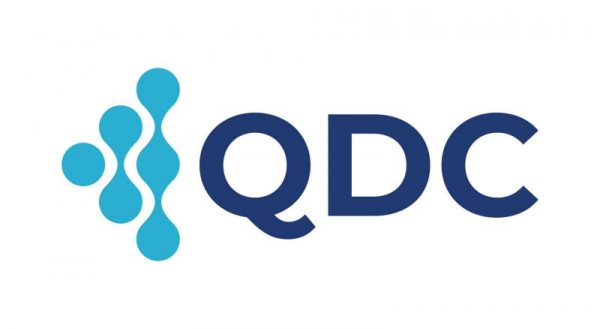The half day workshop on Wednesday 24th September is complimentary to all delegates: 13.45 – 17.15
Like humans, AI produces results that vary from one attempt to the next and sometimes makes mistakes. This does not stop us from relying on humans, and it should not stop us from relying on AI.
The key to successful AI-based workflows is setting them up in a way that would help a human succeed at the same task. During this workshop, we will leverage this insight to build reliable AI-based workflows for several important use cases in trading and risk management.
Session 1 – Theory
- Getting AI to Think Slow
- Activating Kahneman’s System 2 and Suppressing System 1 in AI
- The Role of Response Sequencing and Verbosity
- Chain of Thought (CoT) and Tree of Thought (ToT) Prompting
- Using Reasoning Models Effectively
- Avoiding Psychological Effects and Cognitive Biases
- Reference Point Framing and Informational Anchoring
- Priming-Induced Anchoring
- Associative Coherence and Halo Effect
- Acquiescence Bias and Sycophancy
- Reducing Noise in Scoring and Other Subjective Measures
- Confirmation Bias
- Availability Bias and Intensity Matching
- Crowdsourcing
- From Scoring to Ranking
Session 2 – Practice
We will use insights from behavioral psychology to improve the reliability of AI for several important use cases in the financial industry.
- Credit analysis
- Security prospectus compliance analysis
Session 1: 13.45 – 15.15
Coffee Break: 15.15 – 15.30
Session 2: 15.30 – 17.00
Q&A: 17.00 – 17.15
Alexander Sokol:
Executive Chairman and Head of Quant Research, CompatibL
Alexander Sokol:
Alexander Sokol: Executive Chairman and Head of Quant Research, CompatibL
Alexander Sokol is the founder, Executive Chairman, and Head of Quant Research at CompatibL, a trading and risk technology company. He is also the co-founder of Numerix, where he served as CTO from 1996 to 2003, and the co-founder of Duality Group, where he served as CTO from 2017 to 2020.
Alexander won the Quant of the Year Award in 2018 together with Leif Andersen and Michael Pykhtin, for their joint work revealing the true scale of the settlement gap risk that remains even in the presence of initial margin. Alexander’s other notable research contributions include systemic wrong-way risk (with Michael Pykhtin, Risk Magazine), joint measure models, and the local price of risk (with John Hull and Alan White, Risk Magazine), and mean reversion skew (Risk Books, 2014).
Alexander earned his BA from the Moscow Institute of Physics and Technology at the age of 18, and a PhD from the L. D. Landau Institute for Theoretical Physics at the age of 22. He was the winner of the USSR Academy of Sciences Medal for Best Student Research of the Year in 1988.
Part Duration Focus Topics & Activities
- Foundations 0 h – 1 h Basics • Why use coding agents in finance (use-cases & constraints)
- E2B architecture essentials: sandboxed runtimes, tool wrapping, API keys
- Live demo: building a single-step “quote-fetch” agent with E2B + OpenAI
- Hands-on exercise: add logging & basic error handling
- Building Capability 1 h – 2 h Intermediate
- Agent loops: planning → execute → reflect Persisting state: lightweight memory stores for trade context
- Integrating a vector DB (FAISS/Chroma) for research recall
- Workshop lab: create a portfolio-rebalancing agent with risk checks
- Advanced Showcase 2 h – 3 h Advanced Example
- Intro to LangGraph for multi-step orchestration
- Designing a compliance gate graph around the rebalancing agent
- Multi-agent pattern: Data Gatherer → Risk Analyst → Trader
- End-to-end walkthrough & performance discussion
Session 1: 13.45 – 15.15
Coffee Break: 15.15 – 15.30
Session 2: 15.30 – 17.00
Q&A: 17.00 – 17.15
David Pacheco Aznar:
Founding Partner & Chief of AI Research and Development, Raven Risk AI
David Pacheco Aznar:
David Pacheco Aznar: Founding Partner & Chief of AI Research and Development, Raven Risk AI


